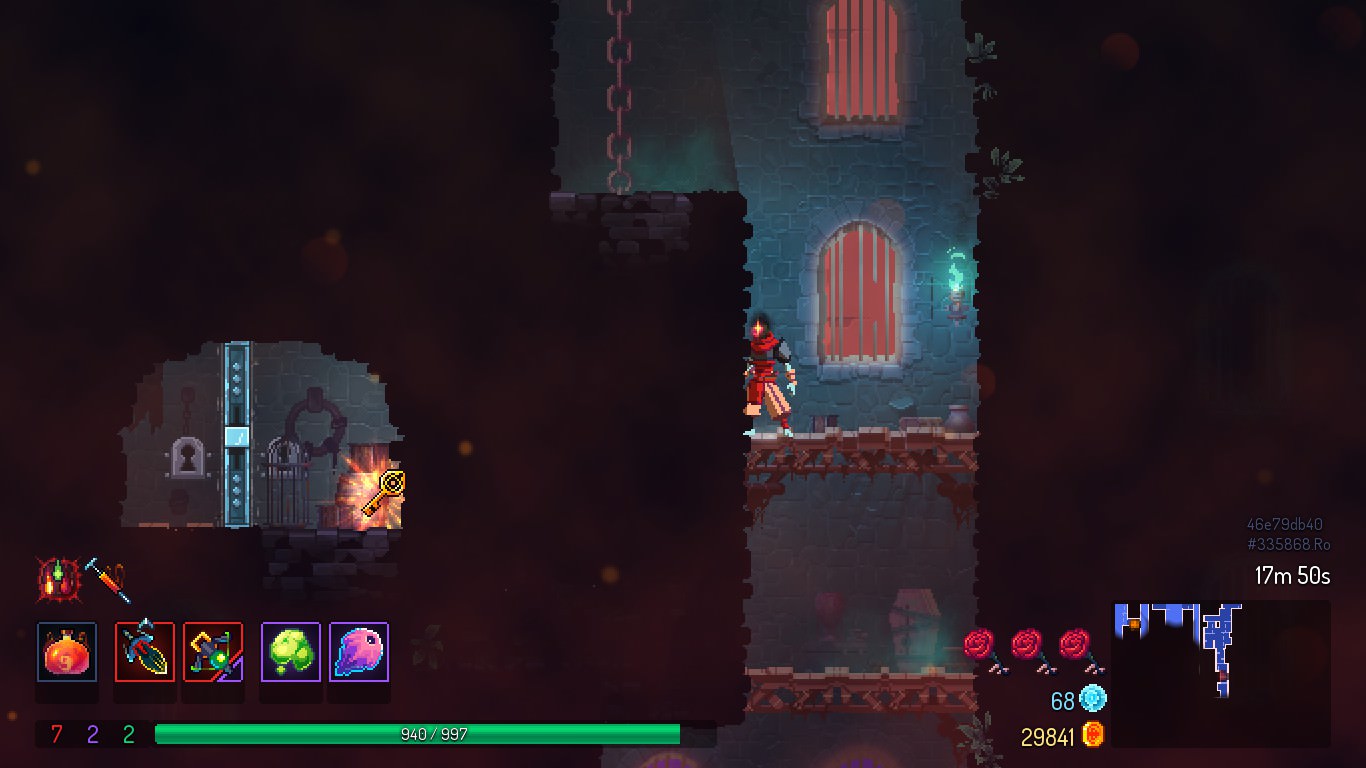

Jordanian security and intelligence services are known for their effectiveness and reach across the country, but the rare terrorist attack gets through-and plots are regularly foiled before they get off the ground. Like his predecessors, Abdullah II could face threats from within Jordan. Before dying of cancer at age 63, King Hussein survived at least 12 assassination plots and seven coup attempts. King Abdullah I was assassinated by a Palestinian nationalist in 1951, setting King Hussein on the path to power after a brief period of rule by Abdullah I’s eldest son, King Talal. And as the monarch inches towards 60, it is not out of line to consider whether the stress of managing Jordan’s constant state of crisis could lead to health problems-or a heart attack. For starters, in the age of COVID-19, you never know if a leader could be gone in a week. Yet almost 70 years after King Hussein took power as a teenager, Jordan still faces myriad threats.

He’s young, healthy, and supported by numerous allies. To be clear, there is no reason to believe 58-year-old King Abdullah II is on his way out anytime soon. The immediate succession path is less troubling than the possible challenges resulting from the accession of a young and untested king. One such tale involved an investigation of numerous dead cats on the palace grounds, which turned up evidence of a Syrian poisoning plot against the king. After all, Jordanian children are still told tales of the late King Hussein’s accession to the throne just before his 17th birthday-including that the king faced hostility and frequent assassination attempts. It’s never too early to consider how succession might affect a small but strategically important ally.

government needs to talk about what comes next for Jordan. I wholeheartedly share that sentiment, but hoping for the best isn’t policy the U.S. It’s Jordanian succession-specifically, whether anyone is prepared for some freak event that leaves the 26-year-old Crown Prince Hussein in charge of the kingdom.Įvery time I’ve broached the subject with family or colleagues, I’ve been met with horrified reactions: It elicits the same “ la samah Allah” (God forbid) whether the conversation is in English or Arabic. As a Jordanian American, however, what keeps me up at night is not the future of the Israel-Jordan peace treaty. Every so often, some source of tension between Jordan and Israel or domestic unrest garners coverage and renews international concerns about Jordanian stability. For such a small country, Jordan receives a fair share of media attention.


 0 kommentar(er)
0 kommentar(er)
